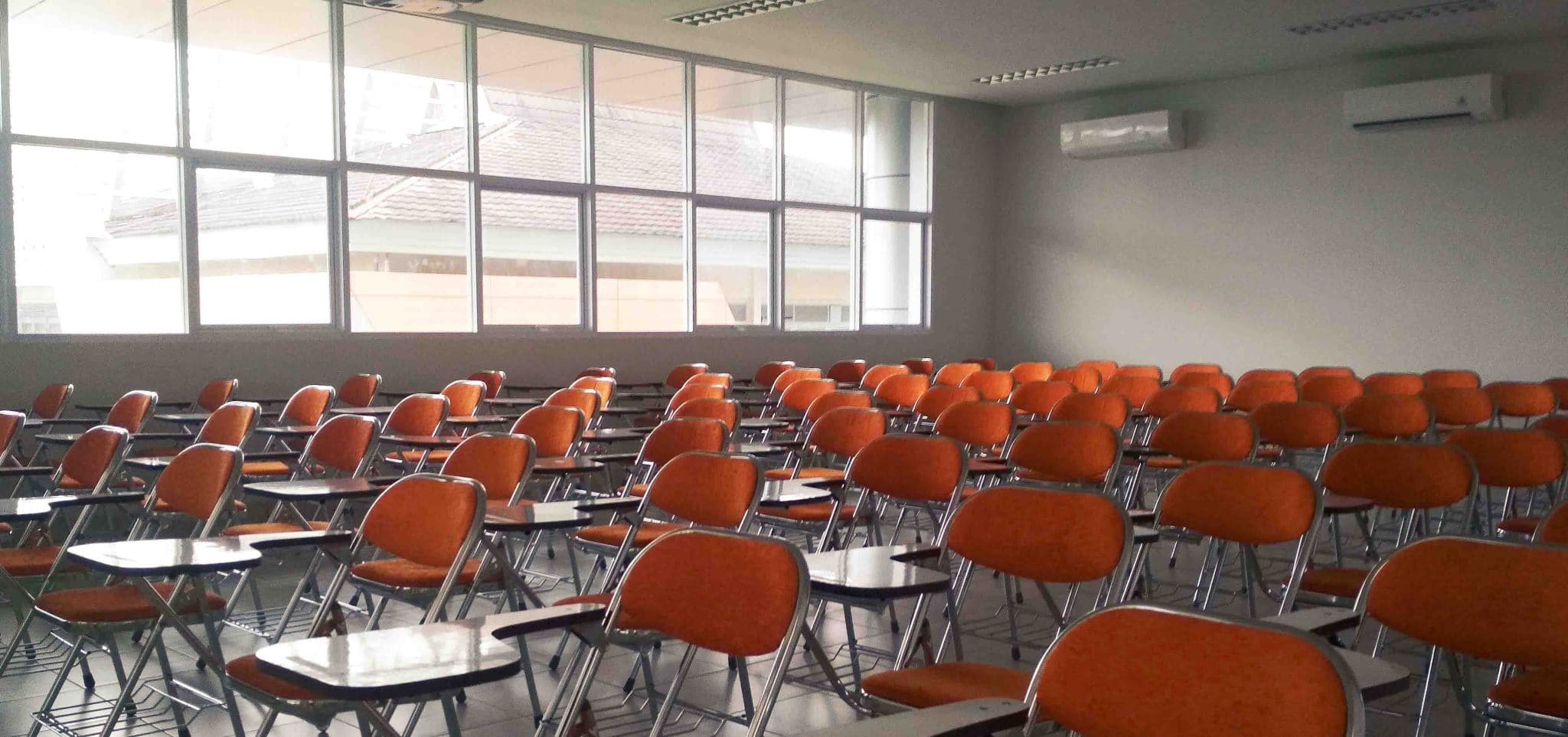Why is the system for awarding exam grades different in 2020?
With many Schools and Colleges closing in March 2020 due to the Coronavirus pandemic (“Covid 19”) and the consequential cancellation of Public A-Level (or equivalent) and GCSE examinations in the summer of 2020, examination grades will be based on a revised system of awarding qualifications. Currently, the process introduces a more subjective element of teacher’s assessments, followed by a process of ‘standardisation’ by the Office of Qualifications and Examinations Regulation (“Ofqual”), the body that regulates qualifications, examinations and assessments in England, using a controversial algorithm. This has increased the scope for unfairness and the potential for challenges to the awards given.
What is the current system for awarding examination grades?
- Schools and College provide the examination board, with a predicted grade for each student based on their assessment of what the student’s grade would have been had they taken the examination.
- Schools and Colleges are also required to rank students in order within each grade band, for each subject, with no ‘second equals’ or similar rankings The highest assessed students are given the highest rank.
- The exam boards then use the assessments from the Schools and Colleges and apply a process of standardisation approved by The standardisation uses historical data to compare previous results at the school / exam centre against the predicted grades. The exam board attempts to ensure that the predicted grades are aligned with previous results at the School or College. This should not alter the ranking of students provided by the Schools or Colleges but may result in the grades being adjusted upwards or downwards (the majority of the adjustments were downwards). The exam board then compares the overall results with the national results in previous years to ensure that there is no significant grade inflation from previous years and broadly the same proportion of students attain the highest grades in each subject.
When are results due to be published?
A-Level (or equivalent) results were published on 13th August 2020. GCSE results are due to be published on 20th August 2020. There have been some calls for the GCSE results to be delayed until the appeals guidance has been finalised.
How many School and College-based assessments have been downgraded?
Approximately 40% of assessed marks have been downgraded by the examination boards following moderation and the application of their process of standardisation.
Are there other ways of assessing my grade?
Under the current guidance – which has changed several times and may change again – students have the following options:
- To accept their calculated grade
- Appeal to receive a valid mock result (they should ask their school or college to appeal)
- Sit Autumn exams
On Saturday 15th August 2020, Ofqual set out what can constitute a “valid mock result’. However, that guidance was quickly withdrawn and is being reviewed. It should be re-issued shortly.
I am unhappy with my results – can I appeal?
Individual students are unable to appeal their results directly and therefore would need to request that their School or College (exam centre) appeals against their results.
Can I force my School or College to send an appeal against my results?
Individual students cannot force their School or College to appeal on their behalf but Schools or Colleges should have procedures to enable students to challenge or see a review of a decision not to appeal on their behalf.
What must my School or College show to successfully challenge my result?
It will be necessary to show either:
- That your School or College has identified that it made an administrative error in assessing you.
- The exam board has made a mistake when calculating, assigning or communicating grades.
Can I see my predicted grade and ranking by my School or College?
It is possible to request information from your School or College about its predicted grades for you and your ranking. This information can be obtained by way of a Subject Access Request under Data Protection Act.
Can I challenge my grade predicted by my School or College?
It is not possible to challenge the School or College’s predicted grades through any appeals process.
Can I challenge the ranking that my School or College gave me?
Schools and Colleges are required to rank students in order within each grade band, for each subject, It is not possible to challenge the school’s ranking of a pupil through the appeal’s process. The only way to challenge this would be by way of a complaint to the School or College, or by a County Court claim if there was unlawful discrimination.
Why can’t students challenge their predicted grades or their ranking?
It is considered that student’s teachers are best placed to judge the likely grades for their students, and it is difficult for someone else to review that decision. The Courts have always been reluctant to allow challenges to academic judgment in education law matters; challenges to academic decisions are largely limited to procedural failings. Additionally, if a student was able to challenge their ranking successfully, this would have an effect on other students’ rankings who may then also need to challenge their new ranking.
Why don’t the exam boards accept the teacher assessments when the teachers know me best?
The exam boards use the assessments from the Schools and Colleges and apply a process of standardisation to ensure that the predicted grades are aligned with previous results at the centre. This has resulted in many of the predicted grades from the teachers, who know the students and their levels, being downgraded. The assertion is that the predicted grades are too high – too optimistic – for too many students so need to be downgraded
Is there a charge for an appeal?
The Government has agreed to meet the costs of appeal fees this year.
If I cannot appeal, what else can I do?
Students unhappy with their treatment can complain to their School or College, or to Ofqual.
How can I obtain the information to enable me to assess the merits of my case?
Students may need to make Data Subject Access Requests, which can take up to 1 month, to obtain the information and documentation to enable them to argue why an appeal should be submitted.
I achieved good mock results, but my grades are less than my mock results can I challenge this?
A recent revision to the guidance enabled mock exam results to be used in appeals. However, the guidance is being revised so what constitutes a valid “mock exam” for these purposes is not yet known.
My School or College has improved a lot as there has been a change in the senior leadership / management team, will this be reflected in the examination board’s assessment? Why I am being judged because of the Schools or Colleges previous failings?
Schools or Colleges who have significantly improved recently through changes in leadership could still be downgraded as historical data used in the standardisation process is still likely to result in a reduction in grades. However, there is scope for Schools or Colleges to provide the relevant evidence of their significant improvement during the appeal process. It is treated as being equivalent for the purpose of an appeal to “using the wrong data for the purposes of the assessment / standardisation of results” and so is a ground of appeal.
Is the system fair?
Clearly, any system designed at relatively short notice is bound to cause concern and potentially create unfairness in individual cases. Ofqual needs to ensure fairness to students whilst upholding the integrity of the whole assessment process.
Teacher / exam centre assessments of predicated grades alone may have resulted in the over-inflation of results generally, with more students achieving significantly higher grades than in previous years. This could have undermined the whole system and the results for the summer 2020 examinations. However, there is the potential for unfairness in individual cases, particularly when a student’s results reflect the history of the School or College’s performance rather than the individual’s assessments.
Does this process penalise particular pupils?
High performing students in low performing Schools or Colleges are likely to receive lower grades through the standardisation process because of the historical data that is used. Any unfairness can be challenged through the appeals process.
I believe that I am the victim of discrimination, is this a ground for appeal?
Challenges to bias or discrimination are not within the scope of the appeals process and can only be dealt with by way of complaints, discrimination claims or Judicial Review proceedings.
Could subconscious bias in assessments by Schools or Colleges prejudice particular groups of students?
Any subconscious bias in assessments by Schools or Colleges could prejudice particular groups of students. It is too early to know whether there is evidence of bias on predicted grades, particularly affecting pupils from black, Asian and other ethnic minority groups, as well as pupils from poor backgrounds and those with special educational needs and disabilities.
Does the current system discriminate against particular groups of students?
Any policy / practice which disproportionately impacts on groups based upon protected characteristics would potentially breach the public sector equality duty under section 149 Equality Act 2010 and could be indirectly discriminatory. Indirect discrimination occurs when there is a policy that applies in the same way for everybody but disadvantages a group of people who share a protected characteristic. If this happens, the person or organisation applying the policy must show that it is a proportionate means of a achieving a legitimate aim.
It is yet to be seen whether the system affects, for example, more black, Asian, or other ethnic minority students, children with disabilities or educational needs disproportionately. Any evidence that it does could amount to indirect discrimination and result in potential challenges through the Courts for breaches of the Equality Act and/or breaching the Public Sector Equality Duty. Clearly, some students believe that it is their School or College which has been graded as much as (if not more than) their own individual performance.
Are there any legal challenges to the current scheme?
The statistical model used by Ofsted faces legal challenges arguing that students’ grades are based on the School or College that they attend rather than the individual, and that this may be discriminatory. A potential claim for Judicial Review is being intimated arguing that the current model is unlawful as it fails to take into account relevant considerations (Teacher assessments) and takes into account irrelevant considerations (the historic performance of the school) and the model does not comply with its statutory objectives of producing “regulated qualifications” which “give a reliable indication of knowledge, skills and understanding” and “promote public confidence”.



